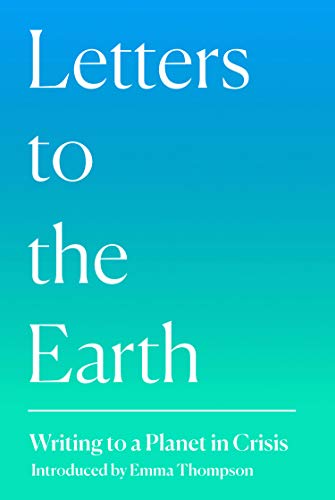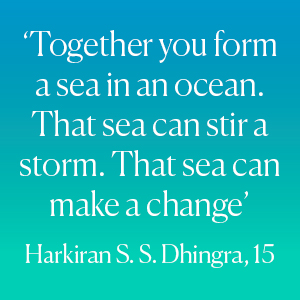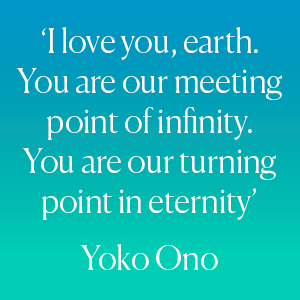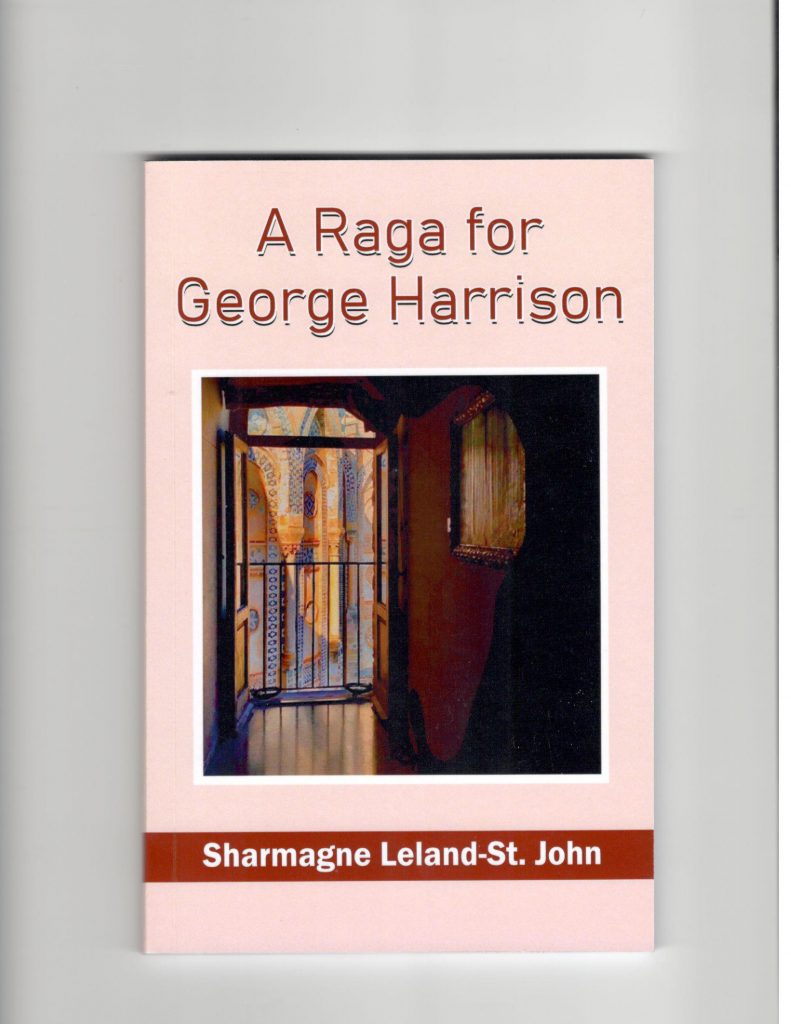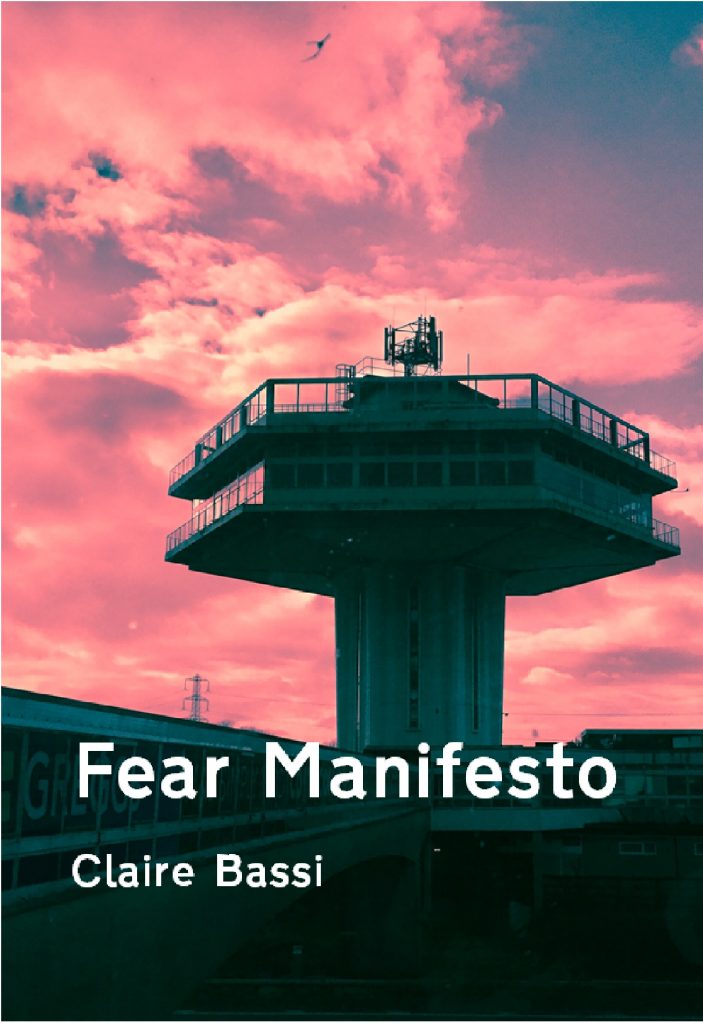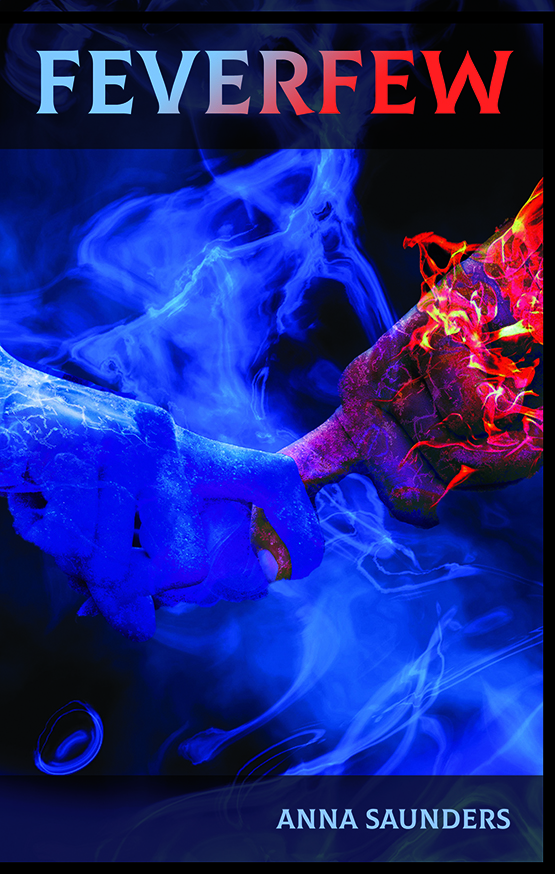
The last year has been tough for many people. Whilst I have struggled to write, I have been able to take advantage of a lot of online readings and performances. Has the pandemic changed your creativity or the way you access poetry at all?
That is a great question and yes on both accounts! Whilst it was a shock in 2020 to have to cancel our ‘real ‘ festival due to the pandemic, we have literally transformed the way we work and how we offer a feast of poetry to our audiences. We now run Zoom poetry events several times a month – a mixture of workshops, literary lounges, open mics – and our audience, and guest poets are truly international. We have been able to book exciting names such as- American poet Kim Addonizio and Ankh Spice from New Zealand, Rob Kenter from Canada to name just a few. Our audiences are global too. Plus we have been able to offer free creative opportunities to those who are shielding throughout the UK.
I have been busier than ever but have found time to write – I try to spend one day a week on my work or at least a few hours.
I think the pandemic has fuelled my work in some ways, the need to emote, and be creative has been even stronger for me in these times. And that is saying something – as writing is already an addiction!
You have just released your latest collection, Feverfew. What can you tell us about it?
Feverfew is my 6th book, just out with Indigo Dreams and it is very much a book for our times. It explores, ‘all that haunts sleep’ ( from the poem ‘What I learnt From the Owl’)– isolation, a fear for the future of our planet, political corruption and cronyism, plus more personal themes such as desire, heartache, grief. Feverfew has been described as ‘medicine for whatever may ail you’ by Helen Ivory, and in it I offer both the herb of the title, and poetry itself, as an elixir and antidote. It has been described as passionate, vivid, creaturely, and full of magic, and it is celebratory of life whilst recognising that we can suffer challenging and adversities on the world stage and in our own lives.
Myth and legend appear in the collection. What draws you to these stories?
The richness and poetic nature of myth and legend and their deep truths can offer a perfect setting for writers’ themes. I often reinvent these timeless stories to address contemporary concerns – for example in ‘Prometheus Speaks’ – wherein I use the story of the man damned by the gods for stealing fire as a vehicle for a poem about heartache:
In spring, like Prometheus
I stole fire and enflamed my lover’s dark bed.
I carried it – a blazing creature
sprouting wings, gauzy feathers,
twitching as fast as a maniac’s tongue.
I also draw on the myth of Phaeton who drove the sun into the earth, and Icarus, who flew too close to the sun to talk about the aggressive way we treat the planet. This is from the poem ‘Phaethon’s Carriage Burns Up the World’:
Icarus didn’t listen either
wasted the wings his father crafted
and when he hit the sun, the feathered sky wept.
I find our ancient stories fascinating and full of lyricism, and I love working with them – and using them to generate very contemporary epiphanies.

You’re involved with the Cheltenham Poetry Festival. What can you tell us about it?
I have been running the festival since 2011, which kicked off with a sell-out performance by iconic punk poet John Cooper Clarke at Cheltenham Town Hall. It has since gone from strength to strength with audiences growing rapidly.
In the last ten years we have offered events featuring our greatest living poets, spoken word artists, musicians, actors, dancers, writers and film makers.
The festival also offers an extensive outreach for those who suffer economic, physical and other barriers to cultural inclusion.
You can read more about the festival here
What advice would you give to new writers?
I would suggest reading as much as possible, and not just writers you love. We can learn from poets we don’t quite understand, or who are very different to us. Also write daily. I recently attended a workshop with the American writer Carloyn Forche who said even if you can only find 30 mins a day, take that time – it will keep your creative fire burning.
What are you reading at the moment? Any recommendations for your readers?
I read a lot of poetry so by the time this is published I may well have other writers to rave about. But currently I would highly recommend the incredible Arrival at Elsewhere (Against the Grain – ed Carl Griffins) – a book length pandemic poem which is really a foray into the psyche in many ways. It explores how the self is coping, adapting during a time of pandemic. I am also loving A Commonplace (Smith Doorstop) by Jonathan Davidson which includes his own beautiful work and, in an act of writerly generosity, he includes other poems by writers he admires, plus Michael Brown’s Where Grown Men Go (Salt)– it’s really haunting and reminds me of Rilke. Impermanence (May Tree Press) by Colin Bancroft is another recent, much relished read – a very finely worked book.
Can you share any information about what you’re currently working on, or working towards?.
I am currently working on what will be my seventh collection – All the Fallen Gold, the title alludes to all that we have lost, but still cherish – perhaps people, places, ways of life. It will be in some ways an elegy, but in others a poetry party celebrating all that we still have. A few unusual people and creatures have reared their heads– Agent Cooper from Twin Peaks, Jung, the artist Samuel Palmer, the infamous arsonist Thomas Sweatt, Van Gogh, Sean Penn, a man who murders a puppeteer, Rapunzel (who is struggling with lockdown), AE Houseman, the painter Degas .. my head is a busy house!
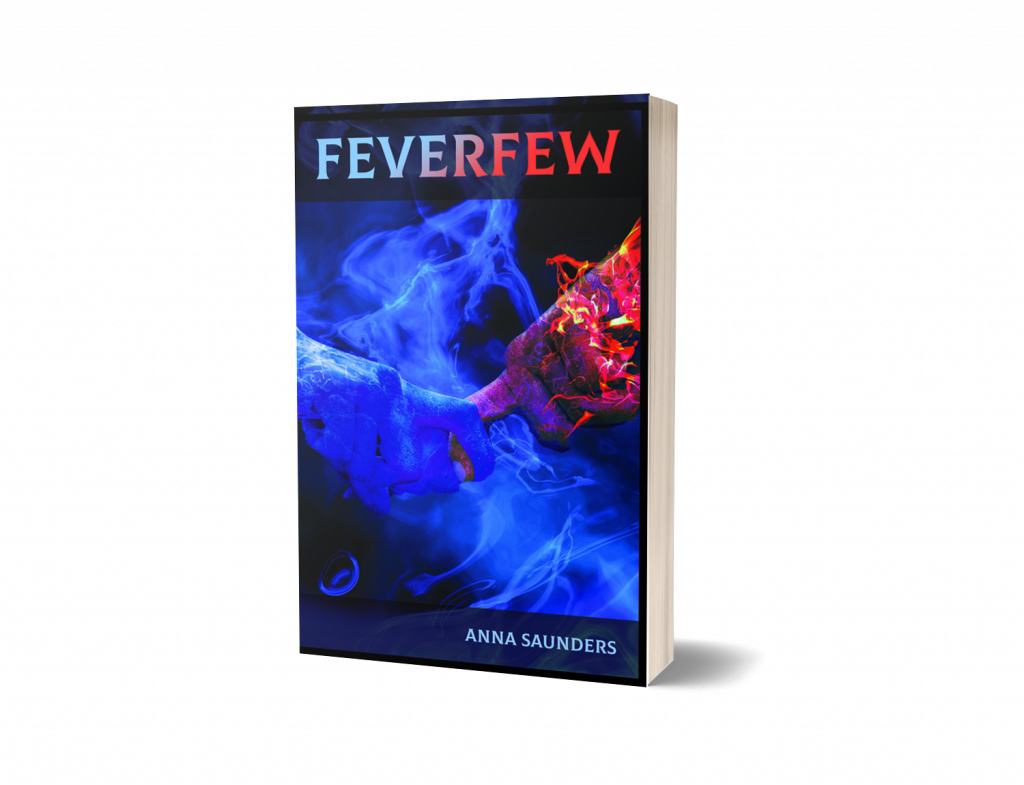
Feverfew by Anna Saunders reviewed by Claire Faulkner
I struggled with creativity in 2020. For a few months I didn’t read or write anything. It wasn’t just writers’ block, it was something else. Something more. Like the rest of the world, I was confused, a little bit lost and completely out of sorts. So it’s apt that a poetry collection called Feverfew, written by Anna Saunders, has helped me get back into my stride. Growing up I was taught that feverfew was a useful plant to have in the garden. It’s a cure all. Connected to the moon, with myths and legends of its own, feverfew can help you with almost anything.
Is Saunders trying to heal through verse? ‘Surely these white stars will heal?’, the title poem ‘Feverfew’ asks. The answer from me is yes. Sharing experiences and emotions through poetry can sometimes be as powerful as taking any medication.
As a poetry collection, Feverfew feels relevant. Saunders writes deep. She has a strong and clear voice, and I found this collection more focused than some of her previous work. Part confessional, part story telling but always straight from the heart. The poems feel intensely personal yet invite the reader in to take part in their discovery and ultimately witness their conclusion. I found the verse in Feverfew exceptional. Themes of myth, magic, healing, and new beginnings run through the pages with ease.
It was difficult to choose a favourite poem from Feverfew. I had many marked out.
I found the poems mentioning nature and the environment quite beautiful. I enjoyed reading ‘For so long I have been wanting to write about my mother’s garden’. It gives a sense of time and place. Full of colours and textures, I can picture the foxgloves and goldfinches and recognise the relationship between mother and daughter.
‘What I Learnt from the Owl’ is powerful and exact. Reading it, I wasn’t sure if I was watching the owl, or becoming it:
‘…how to be outcast and avenger / spectre and seraphim, winged god and ghoul / bladed angel dropping from the sky./ What I learnt from the owl…’
‘…how to drop from heights, / heart-shaped face falling to earth/ as if love itself were plummeting’
Saunders makes the reader question everything. Her poetry invites you in and I like this about her work.
Saunders also has a gift of being able to retell myth in a new voice. ‘Leda, by the River’ and ‘Sisyphus in the Psychiatrist’s chair’ are both great examples of this. The poems are thoughtful and clever. I will never tire of reading these kinds of works by her.
I really liked ‘Hades Justifies His Off-Roader’ which could reflect societies’ materialistic greed and the environmental damage caused by it. Saunders makes Hades recognisable, full of energy and traits we have all witnessed in people we may know:
‘Hades drives his huge cart, head held high. / He says he needs this tank / because down there/ the lanes are sticky as treacle.’
‘…Hades defends the emissions which plume / and unfurl like a scribble at the end / of a Death Warrant…’
I enjoyed reading Feverfew. I found it to be a strong collection with a mix of verse which has renewed my love for reading and I can’t wait to read what Anna Saunders writes next.
With special thanks to Isabelle Kenyon from Fly on the Wall Press.




